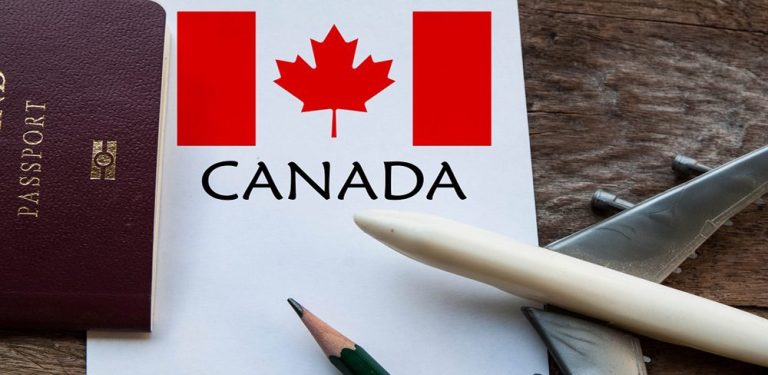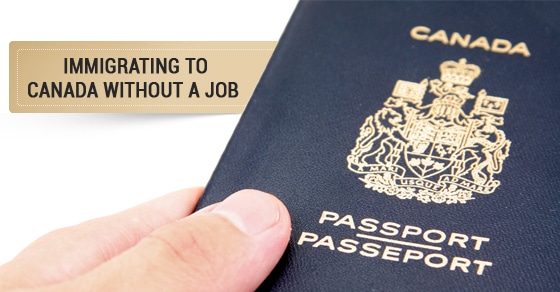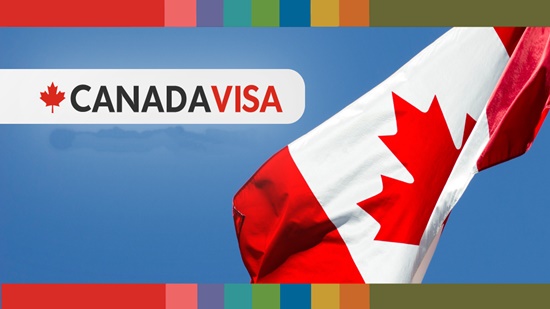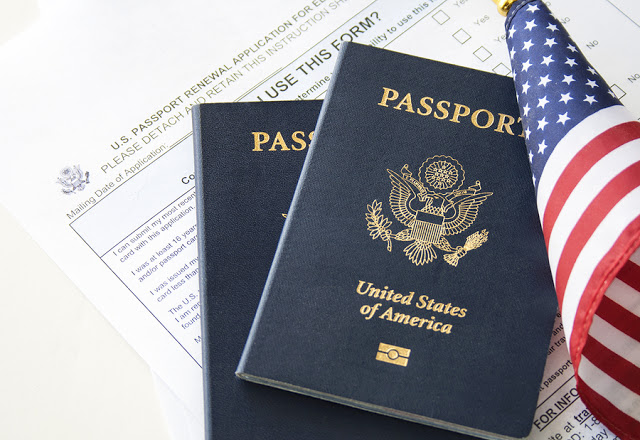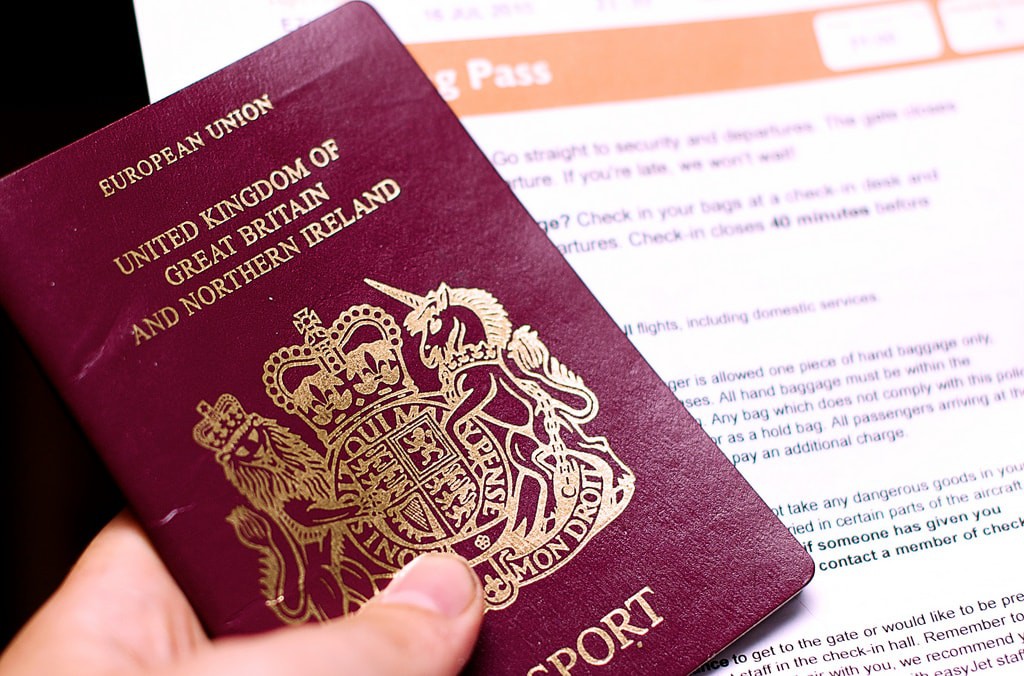How to Easily Become a Permanent Resident in Canada
How to Easily Become a Permanent Resident in Canada
How to Easily Become a Permanent Resident in Canada
Dreaming of making Canada your permanent home? Look no further! This comprehensive guide provides you with a clear roadmap on how to easily become a permanent resident in Canada.
From understanding the different immigration programs to preparing your application, we will walk you through the process step by step.
Whether you are a skilled worker, a student, or have family connections in Canada, this guide will help you navigate the path to permanent residency with ease.
1. Determine Your Eligibility
Before embarking on your journey to permanent residency, it’s essential to assess your eligibility for Canadian immigration programs. Consider factors such as your education, work experience, language proficiency, age, and adaptability. Understanding which program suits your circumstances will set you on the right path.
2. Express Entry System
The Express Entry system is a popular and efficient pathway to obtain permanent residency in Canada. Learn how to create an Express Entry profile, calculate your Comprehensive Ranking System (CRS) score, and increase your chances of receiving an Invitation to Apply (ITA) for permanent residency. We’ll guide you through the process, including completing the profile, submitting supporting documents, and tracking your application status.
3. Provincial Nominee Programs (PNPs)
Provincial Nominee Programs provide an excellent opportunity for individuals with skills or qualifications that align with specific provinces or territories in Canada. Explore various PNPs and their specific eligibility requirements, application processes, and nomination streams. Discover how PNPs can enhance your chances of receiving a provincial nomination, leading to permanent residency.
4. Study Pathway
If you’re considering pursuing your education in Canada, the study pathway can open doors to permanent residency. Learn about the benefits of studying in Canada, choosing the right program and institution, obtaining a study permit, and exploring post-graduation work opportunities that can eventually lead to permanent residency.
5. Family Sponsorship
If you have family members who are Canadian citizens or permanent residents, they may be able to sponsor you for permanent residency in Canada. Understand the eligibility criteria, sponsorship obligations, and the step-by-step process involved in family sponsorship. We’ll guide you through the requirements and provide tips for a successful sponsorship application.
6. Work Permits and Canadian Experience
Gaining Canadian work experience through work permits can be a valuable pathway to permanent residency. Learn about the different work permit options, including employer-specific permits, open work permits, and the Canadian Experience Class (CEC). Discover how to maximize your chances of obtaining work experience that qualifies you for permanent residency.
FAQs (Frequently Asked Questions)
Q1. How long does it take to become a permanent resident in Canada?
A1. The processing time for permanent residency applications varies depending on the immigration program and the complexity of your case. Generally, it can range from several months to over a year. It’s advisable to check the current processing times on the official Immigration, Refugees and Citizenship Canada (IRCC) website.
Q2. Do I need a job offer to become a permanent resident in Canada?
A2. While a job offer can enhance your chances of obtaining permanent residency, it is not always a requirement. Several immigration programs, such as Express Entry, prioritize factors like education, language proficiency, and work experience. However, having a valid job offer from a Canadian employer can provide additional points in the CRS system.
